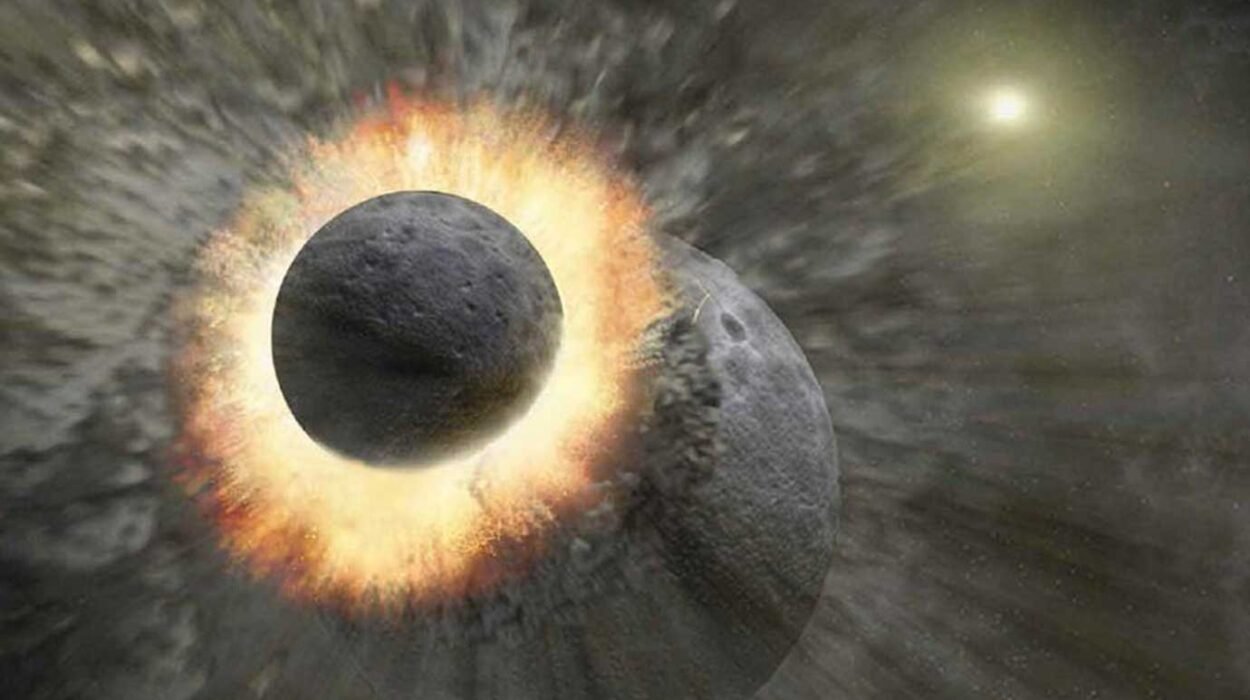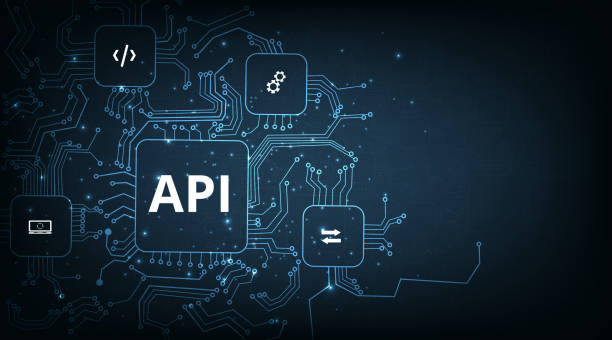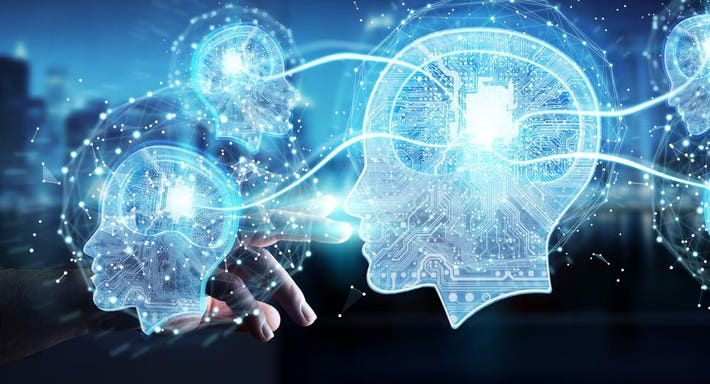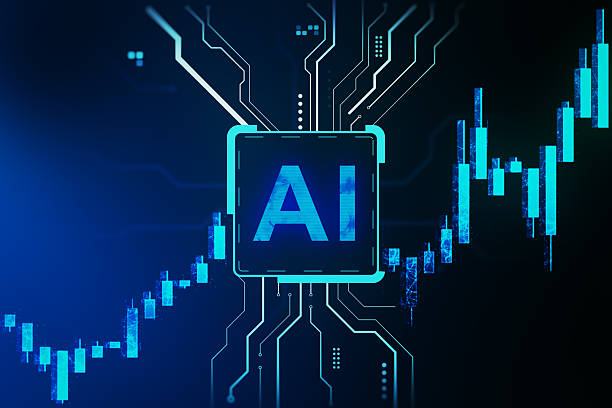Few questions in human history are as profound and unsettling as the mystery of free will. Do we truly choose our actions, or are we merely passengers on a path laid out by our brains, our genes, and the laws of physics? From ancient philosophers to modern neuroscientists, the debate has raged endlessly, touching the deepest corners of our identity. To believe in free will is to believe in responsibility, morality, and the power to shape our lives. To deny it is to imagine a world where our choices are illusions, our lives unfolding like scripts written before we speak a single word.
Science, philosophy, and spirituality all collide in this question, and each brings its own perspective. The scientific investigation of free will, however, has taken the debate beyond speculation. With tools that peer into the brain and theories that unravel the nature of reality, researchers are uncovering startling insights about what it means to decide, to act, and to be human.
The Philosophical Roots of Freedom
Long before brain scanners and laboratories, philosophers wrestled with the enigma of choice. Ancient Greek thinkers like Aristotle believed that human beings were rational agents capable of deliberate decisions. Later, Augustine and Aquinas connected free will to morality and divine justice: without freedom, how could one be judged for sin or virtue?
In the Enlightenment, philosophers like Immanuel Kant insisted that free will was essential for moral responsibility. To Kant, freedom was not about doing whatever one desired but about acting according to reason and duty. Yet others, like Baruch Spinoza, doubted such freedom existed. Spinoza argued that every action is caused by preceding events, leaving no room for genuine autonomy.
The clash between determinism—the idea that every effect has a cause and nothing is truly free—and libertarian free will—the belief that humans can transcend causality—became a defining tension in philosophy. But as science advanced, the debate took a new turn. No longer was it only about abstract reasoning; it became a question that could be tested in the laboratory.
The Brain and the Birth of Choice
Modern neuroscience has transformed our understanding of decision-making. At the center of the debate is the discovery that the brain seems to initiate actions before we consciously decide them. In the 1980s, neuroscientist Benjamin Libet conducted groundbreaking experiments that stunned the world. By measuring brain activity in participants asked to move their fingers at will, Libet found that a measurable “readiness potential” in the motor cortex appeared several hundred milliseconds before the subjects reported consciously deciding to move.
The implication was staggering: the brain had already begun preparing the action before the conscious mind claimed authorship. If true, this suggested that free will might be an illusion, a story the conscious mind tells after the fact.
Other experiments have reinforced this unsettling picture. Using functional MRI and machine learning, scientists have been able to predict a person’s decision seconds before they consciously make it. The more deeply researchers peer into the brain, the more it appears that subconscious neural processes determine choices well before we are aware of them.
Yet the story is not so simple. Libet himself argued that while we may not control the initiation of impulses, we do have a conscious veto—a “free won’t.” Even if the brain begins preparing an action, we can stop it before it occurs. In this way, conscious will may not be the author of every action but the gatekeeper, approving or rejecting what the brain proposes.
Genes, Environment, and the Shaping of Decisions
Beyond the brain’s immediate activity, our choices are shaped by a lifetime of influences. Genes predispose us to certain behaviors, temperaments, and even risk tolerances. Environment molds us through culture, upbringing, and personal experiences. When you choose a career, a partner, or even your lunch, your decision is not formed in a vacuum but emerges from a complex web of biology and history.
Studies in behavioral genetics show that traits like impulsivity, perseverance, and social preference are influenced significantly by heredity. Twin studies reveal striking similarities in decision patterns, even when siblings are raised apart. Meanwhile, psychological research demonstrates how powerful environmental conditioning is, from parental guidance to cultural norms.
Does this mean we are simply products of forces beyond our control? Not entirely. While genes and environment create predispositions, they do not dictate every outcome. The interaction between biology and experience is dynamic, giving rise to the possibility of creativity, adaptation, and novelty. Yet the very fact that our “choices” can be traced back to causes we did not author challenges the purity of free will.
Physics, Determinism, and the Nature of Reality
At its deepest level, the question of free will collides with physics itself. If the universe operates according to deterministic laws—like clockwork—then every atom in our body is governed by causes stretching back to the beginning of time. From this perspective, our decisions are no more free than the motion of planets in their orbits.
Classical physics seemed to support this deterministic worldview. But the rise of quantum mechanics complicated the picture. In the quantum realm, events occur with probabilities rather than certainties. Some thinkers argue that quantum indeterminacy might provide room for free will, allowing for unpredictability in human decision-making.
Yet randomness alone does not equal freedom. If your decision is simply the product of a random quantum fluctuation, that is no more meaningful than if it were predetermined. True freedom, if it exists, must be something different—a capacity for agency that transcends both determinism and chance.
The Illusion of Freedom
Some scientists and philosophers argue that free will is not real in any ultimate sense but is a powerful illusion. To them, consciousness creates a narrative of decision-making, but the actual mechanics of choice happen beneath awareness. We believe we choose, but in reality, we are passengers observing decisions the brain has already made.
This perspective is unsettling but not without precedent. Our perception of color, for example, is not an objective property of the world but the brain’s interpretation of wavelengths. Similarly, the sense of self as a unified, free agent may be a construction, a useful fiction that enables coordination and responsibility.
But even if free will is an illusion, it is one with profound utility. Belief in autonomy shapes our legal systems, our moral codes, and our sense of dignity. To strip it away entirely risks unraveling the foundations of society.
Compatibilism: Freedom in a Determined World
Not everyone accepts that determinism and free will are mutually exclusive. Compatibilists argue that free will does not require ultimate independence from causality but the ability to act in accordance with one’s desires, values, and reasoning.
In this view, you are free when you act without coercion, even if your desires are themselves shaped by genes and environment. Choosing chocolate ice cream because you want it, rather than because someone forced you, counts as free will—even if the roots of your preference trace back to childhood experiences.
Compatibilism preserves both personal responsibility and scientific determinism. It acknowledges that choices are caused but insists that they remain meaningful. While it may not satisfy those who long for metaphysical freedom, it offers a pragmatic balance that fits human experience.
The Emotional Core of Choice
Beyond the science and philosophy, free will is also an emotional question. The belief that we control our lives is tied to hope, regret, pride, and guilt. Without freedom, can we feel genuine responsibility? Can we forgive, aspire, or improve?
Consider the parent watching a child grow, believing their guidance matters. Or the addict struggling against compulsion, fighting for the dignity of choice. These experiences reveal that, whether or not free will exists in some ultimate sense, the human condition is built upon its assumption.
Psychological studies show that when people are told free will is an illusion, their behavior changes. They are more likely to cheat, to shirk responsibility, to act selfishly. Belief in free will, even if mistaken, seems to encourage morality and effort. This suggests that the narrative of freedom is not just comforting but necessary for human flourishing.
Toward a Deeper Understanding
Perhaps the question of free will is not about choosing between total freedom and absolute determinism but about recognizing the layered nature of human agency. On one level, our brains and bodies operate according to physical laws. On another, we construct narratives of choice, responsibility, and identity. These narratives are not illusions in the trivial sense but essential frameworks for living.
Science may never fully resolve the debate. The complexity of consciousness, the interplay of neural and social factors, and the mysteries of physics leave the question open. What we can say is that human decision-making is neither wholly free nor wholly determined, but something in between—a dance between biology, environment, and imagination.
The Freedom to Find Meaning
In the end, whether or not free will exists in the ultimate sense, the lived experience of choice is real. We feel the weight of decisions, the burden of responsibility, and the exhilaration of possibility. Our lives are shaped by how we respond to challenges, how we interpret circumstances, and how we imagine futures.
Albert Einstein himself once reflected on this paradox, writing that while he believed in determinism, he still felt compelled to live as though he had freedom. This duality captures the heart of the human condition: even if our choices are constrained, our capacity to seek meaning, to love, to create, and to dream cannot be reduced to mechanical inevitability.
The Unanswered Mystery
So are your choices truly yours? The most honest answer is both yes and no. Yes, in the sense that you live, act, and feel as though you are free, shaping your life in ways that matter deeply. No, in the sense that every choice arises from a tapestry of causes stretching far beyond your awareness.
Perhaps the greatest freedom lies not in absolute autonomy but in embracing this mystery, living fully within the space between determinism and desire. Whether or not we command our destinies, we are beings who question, who wonder, and who strive. And in that striving, in the act of searching for freedom, we may find the truest expression of what it means to be human.






